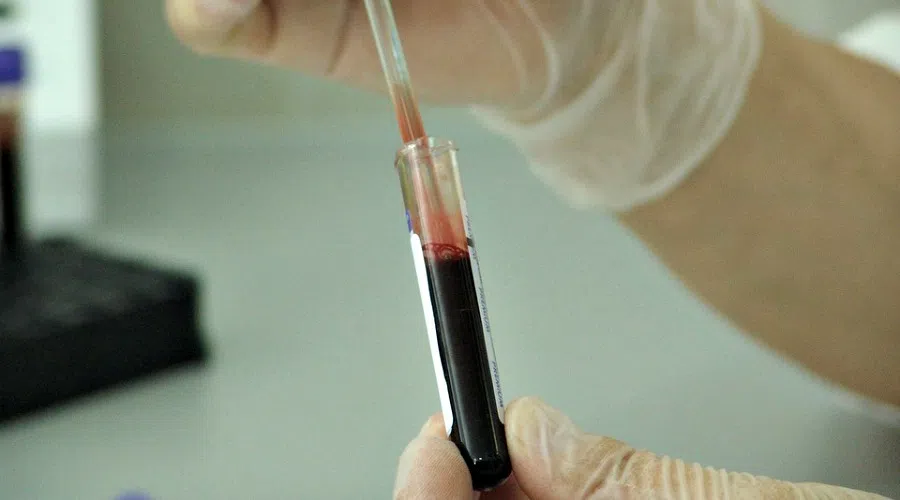
Nanaimo woman steps up fight against multiple myeloma
NANAIMO — A little over two years ago Nanaimo’s Susan McLean felt constantly exhausted.
She figured it was a result of being in her early 60’s, teaching full-time and taking on extra duties at work and at home.
It turned out McLean in fact had multiple myeloma, a form of cancer in which antibodies in bone marrow plasma cells come under attack, compromising the body’s immune system.
McLean said it was clear something more serious beyond constant fatigue was at play when she and her husband traveled to Tahiti in 2016.


